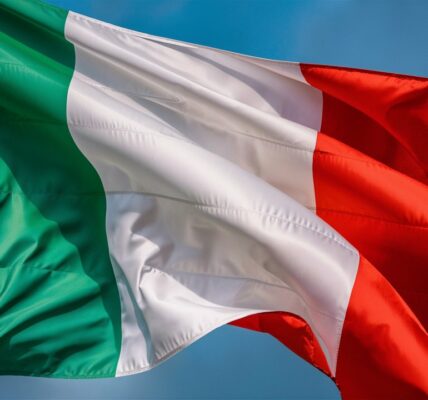Meta, the parent company of Facebook, has announced a global ban on several Russian state media networks, accusing them of engaging in deceptive tactics to influence international politics. The media outlets banned include Rossiya Segodnya, RT (formerly Russia Today), and other related entities. Meta cited these organizations’ involvement in foreign interference activities and their attempts to evade detection on its platforms.
The decision comes as Meta escalates its actions against Russian state-controlled media, following years of scrutiny over their alleged role in influencing political outcomes in Western countries. The ban, which will extend to all Meta-owned apps such as Instagram, WhatsApp, and Threads, is expected to be enforced in the coming days.
Meta’s Increasing Crackdown on Russian State Media
Meta’s recent move is part of a broader crackdown on Russian media outlets, which have faced increasing restrictions from social media platforms. In the past, Meta imposed more limited actions, such as restricting Russian state media’s ability to run advertisements and limiting their content’s reach. However, the ban marks a significant escalation in Meta’s stance towards Russian-backed media.
The increased scrutiny on these outlets began after the war in Ukraine started, leading platforms like Meta to comply with requests from the EU, UK, and Ukraine to block Russian state media in those regions. These measures have now expanded globally, with Meta citing concerns about hidden Russian government messaging being distributed covertly through its platforms.
Russian State Media Allegations and US Response
Russian state media, particularly RT and Sputnik, have been accused of attempting to influence political discourse in Western countries, often promoting divisive narratives. Earlier this month, the US accused RT of paying a Tennessee firm $10 million to create and distribute content to US audiences that included hidden Russian government messaging. These videos allegedly promoted right-wing views on topics such as immigration, gender, and the economy, while being secretly controlled by RT employees.
US Secretary of State Antony Blinken recently announced new sanctions against RT, accusing it of being part of a larger Russian intelligence apparatus. He claimed that RT works to “undermine democracy in the United States” and has “cyber operational capabilities” embedded within the organization, with ties to Russian intelligence.
In response, RT live-streamed Blinken’s statements on X (formerly Twitter), dismissing the accusations as the “US’s latest conspiracy theory.”
The Implications of Meta’s Ban
The global ban of Russian state media networks by Meta signals a major shift in how social media platforms handle state-backed content. As the world’s largest social media company, Meta’s actions could have a ripple effect on other platforms and how they handle similar issues. By limiting the reach and influence of these outlets, Meta aims to reduce their impact on international political discourse and prevent covert influence operations.
As of now, neither RT, Rossiya Segodnya, nor the Russian embassy in Washington have responded to the BBC’s requests for comment on Meta’s decision.
This move marks another chapter in the ongoing tensions between Russia and Western countries, particularly as allegations of interference and propaganda continue to fuel diplomatic disputes. As Meta enforces its ban in the coming days, the battle over influence on global platforms like Facebook and Instagram is set to intensify.





